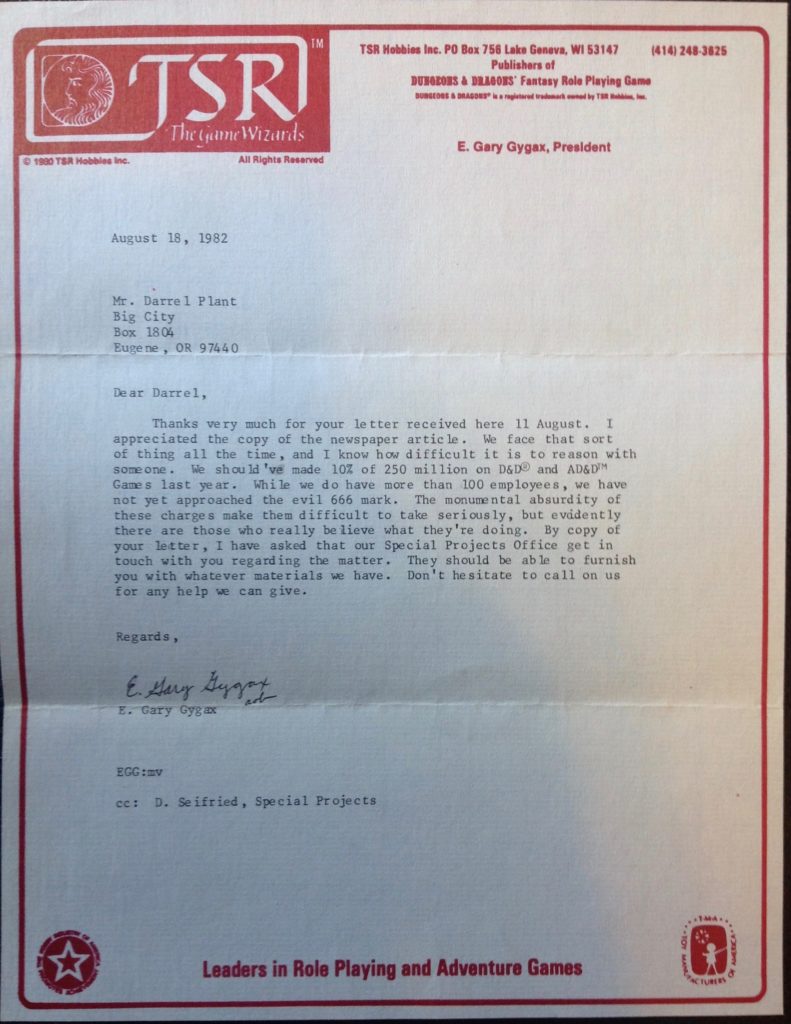Two weeks before the 2006 elections, Karl Rove famously told an interviewer who asked him about polls showing likely Republican losses in Congress that the interviewer was wrong. He claimed that his non-public “polls on the individual races” showed a continued “Republican Senate and Republican House,” and that his prediction was accurate because he had “THE math.”
As we all know, Karl Rove was incorrect.
A similar mistake in adding up the numbers was made on 10 May by the Public Broadcasting Systems’s Jim Lehrer, host of The Newshour with Jim Lehrer, in an interview with the Australian Broadcasting Corporation. Talking to The Media Report‘s Antony Funnell about Iraq, Lehrer was asked “whether sections of the media suspended their scepticism and their scrutiny prior, during and after the 2003 War.” Lehrer responded that the pre-war period “was not filled with the kind of ‘on the other hand’ information that such a monumental decision should have had with it.” The reason for that, he said, was that as a reporter “you’ve got to interview people, people have got to talk, you’ve got to have information.” Then he said this:
Remember, 85% of the Congress in the United States, including the Democrats, favoured this war. They (sic) were not that many people questioning the validity of this, particularly after that monumental appearance by Secretary of State, Colin Powell, before the United Nations Security Council.
That number is completely wrong. It implies that 15% of Congress (at most) opposed the war in Iraq. Unlike Karl Rove, however, Jim Lehrer was not attempting to predict the future, he was misreporting the past. His “information” on pre-war opposition to the use of force in Iraq is off by a factor of 2.
House Joint Resolution 114 — “A joint resolution to authorize the use of United States Armed Forces against Iraq” — passed in the US House of Representatives on 10 October 2002. The vote was 296 yea, 133 nay, with 3 not voting.
The US Senate voted on the resolution the next day. There, the vote was 77 yea, 23 nay.
296 + 133 + 3 = 432 Representatives (there were also three vacant seats). 432 Representatives + 100 Senators = 532 members of Congress total.
133 Representatives + 23 Senators voted against the Iraq war resolution. That’s a total of 156 members of Congress who did not support the war in the only real referendum on the matter.
156 members of Congress who voted nay divided by 532 members of Congress total = 0.293, or 29.3% who did not support the Iraq war resolution. If you try to add that to the 85% of Congress Lehrer claims supported the war, you get 114%. Perhaps Jim Lehrer’s uncovered some sort of Congressional voting fraud.
What is more likely, however, is that he’s simply stating the facts as he remembers them. Because it would look pretty stupid for a veteran journalist to have ignored nearly 30% of Congress during the run-up to the Iraq war, particularly when many of the concerns of those who voted against the war have been proven correct. Much better to pretend that they were such a minority that they could be dismissed as a few Bush-haters or hardcore pacifists unrepresentative of the people.
Of course, even there, Lehrer would have been grossly mistaken. A Pew Research Center/Council on Foreign Relations poll released on the day of the House vote said 28% of Americans opposed military action to end the rule of Saddam Hussein in Iraq (62% supported it, 10% were undecided).
28% of the public opposed military force. 29% of Congress voted against the use of military force. Yet somehow Jim Lehrer had a hard time finding those 156 members of Congress so that he could talk to people who opposed the war.
Not that I think it should have been that hard if it had been only 15%.
A NOTE: Lehrer mentioned that there wasn’t much questioning of the validity of the war, particularly after Colin Powell’s appearance at the UN, which some may feel gives him wiggle room here, but no vote was taken in Congress on the war after Powell’s speech, which took place just a month before the invasion of Iraq. As for the public, a Pew Research Center poll conducted after Powell’s UN speech found that 26% of those polled still opposed any military action in Iraq, and that even 23% of respondents supported an attack only on the condition that our major allies joined us. The number of people who said the US government had enough international support for the Iraq war at the time actually dropped from 41% to 34% after presentations by Powell and UN weapons inspector Hans Blix. 42% of people in the same poll said that they had not heard enough from opponents of the war.

 Fox is an earnest circus worker who loses his job when his lover is arrested for tax fraud. Needing cash for his weekly lottery ticket, Fox lets himself be picked up by an elegant older man named Max. But when Fox wins big money in the lottery, Max’s friends suddenly become Fox’s “friends”
and before long, a charming man named Eugen seduces Fox and fleeces him of his newfound money.
Fox is an earnest circus worker who loses his job when his lover is arrested for tax fraud. Needing cash for his weekly lottery ticket, Fox lets himself be picked up by an elegant older man named Max. But when Fox wins big money in the lottery, Max’s friends suddenly become Fox’s “friends”
and before long, a charming man named Eugen seduces Fox and fleeces him of his newfound money.



